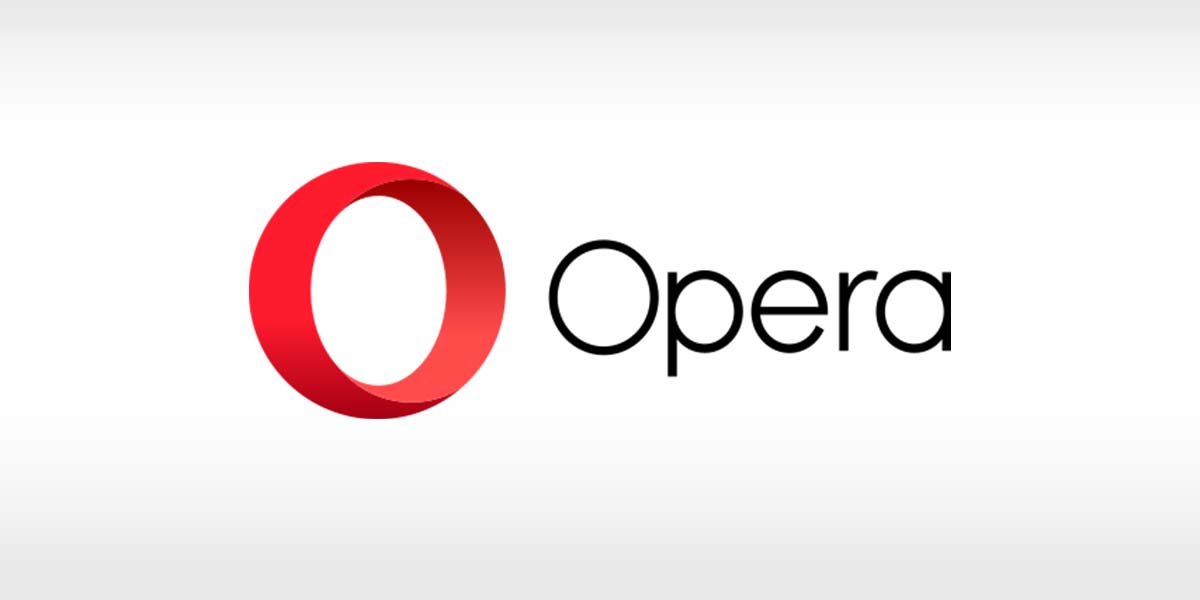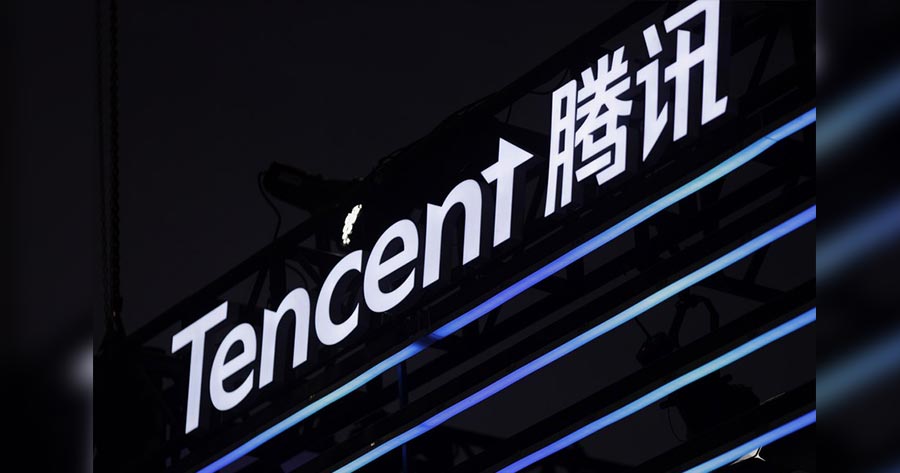Opera has introduced Neon, an artificial intelligence-driven web browser capable of executing tasks and running code directly within pages, marking the latest escalation in the push among tech companies to reimagine the browser as a proactive productivity tool rather than a mere search interface.
The debut underscores an industry-wide race to turn browsers into agentic platforms that act on behalf of users. Earlier this year, Perplexity AI rolled out its Comet browser, and The Browser Company—maker of Arc—released Dia.
According to Reuters, OpenAI is also preparing to launch a Chromium-based web browser integrating its “Operator” agent, which would enable users to browse and transact without leaving a native chat interface.
With Neon, Opera claims users can automate form-filling, compare data across multiple sites, or generate code within the browsing environment itself. The browser features “Neon Do,” which enables automatic navigation and task execution within web pages without transmitting information to external cloud servers.
Opera is positioning Neon as a subscription-based offering targeting power users, with early access opening Tuesday and wider rollout planned in the coming months.
Additional highlights include “Tasks,” which allow self-contained workspaces where AI analyzes information from multiple sources, and “Cards,” templated prompts that automate repetitive workflows. According to the company, all AI-driven actions in Neon occur locally, giving users full control over when the model operates or pauses.
Shares of Opera, listed in the United States, have soared in recent years, propelled by strong earnings and market enthusiasm for its advances in AI-enabled products.
Established in 1995 and headquartered in Oslo, Opera serves over 300 million users worldwide across desktop and mobile platforms. The company emphasized Neon’s privacy-centric architecture, arguing on-device processing is likely to resonate with European users at a time when data privacy regulations are tightening.





